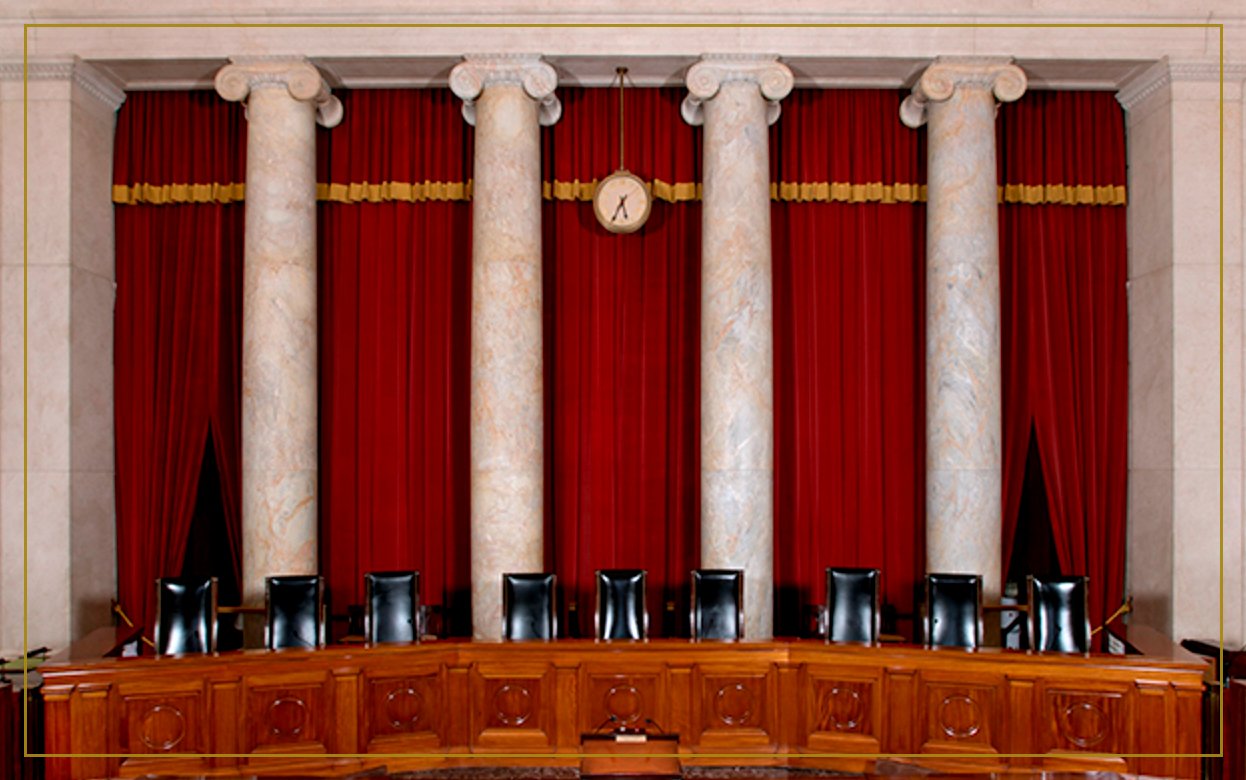jurisprudent
what's fair to expect of someone ruling on the law?

On Monday, we looked at Deuteronomy 16:17-20 again–these verses really are important, and, in my opinion, do merit all this focus. So before we close out this section, I want to look at one more dimension of it. (We'll get to the As of the Ask the Rabbi(s) Q and As next week; I just wanted to finish this unit up, first.)
So, for the last time:
Judges (shoftim) and officers (shotrim) you shall appoint for your tribes, in all your gates which God your God gives you, and they shall judge the people with a just law. Do not pervert the law....Justice, justice shall you pursue, [etc, etc.] (Deuteronomy 16:17-20)
We've looked at the last verse, and we've looked at some texts on the officers, so today, let's have a look at some texts on judges and judging.
I don't know about you, but, among many other things, I really do find it illuminating to have this whole other set of texts and traditions constantly challenging my assumptions about the culture and society in which I currently live.
What is is not what must be.
I won't, with every text and commentary here, say, "Wow, now think about how things are, how things work in our systems today," but it's an implied contrast, yes? Yes.
